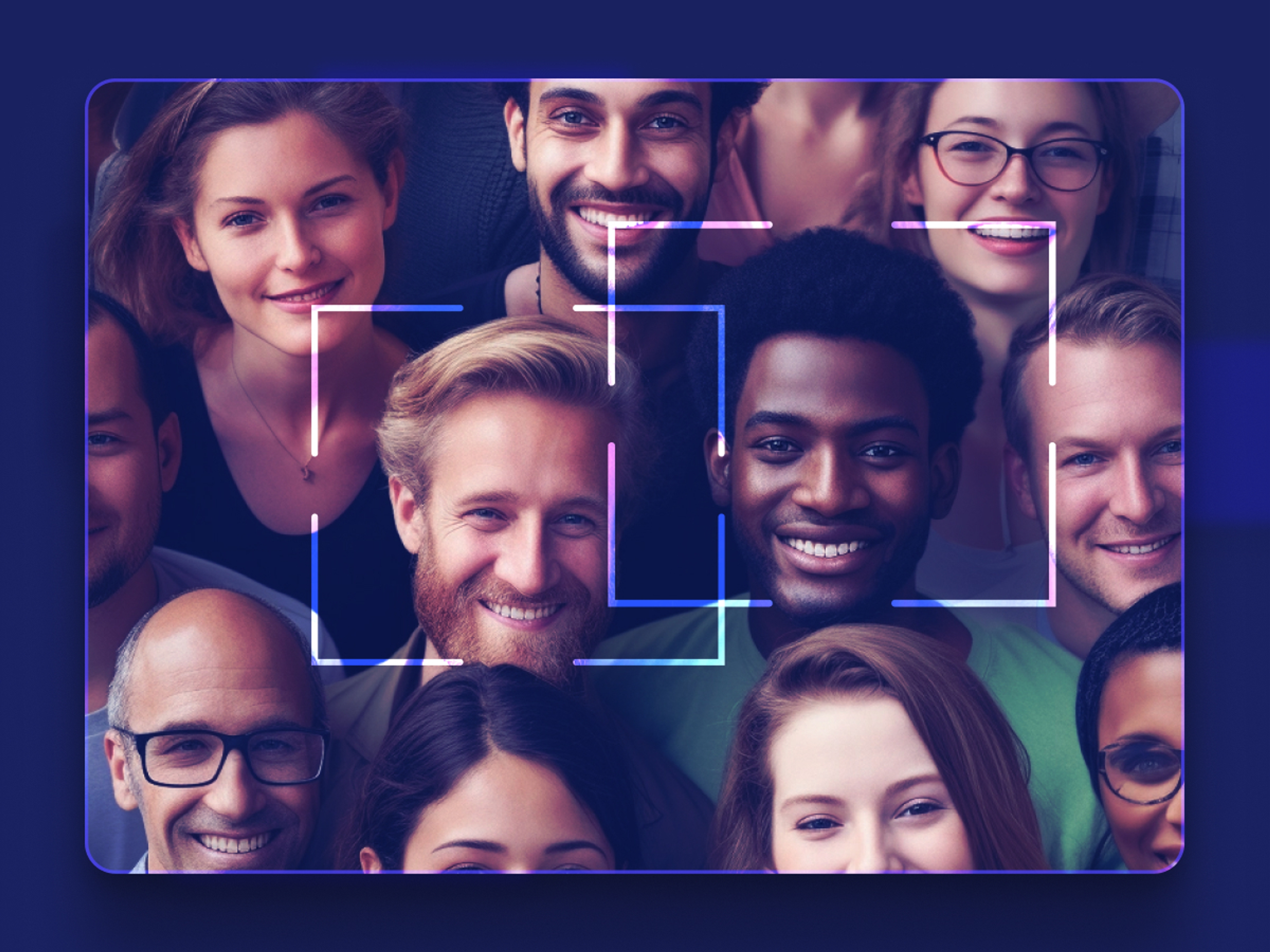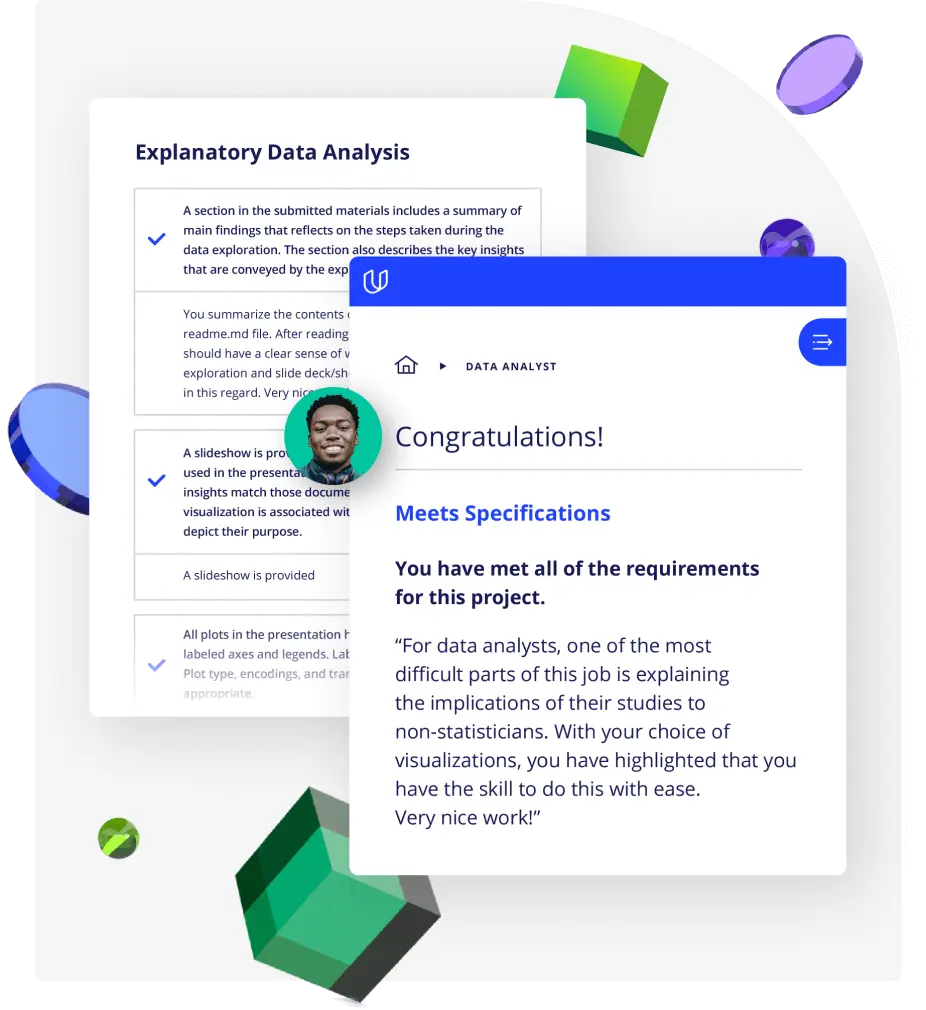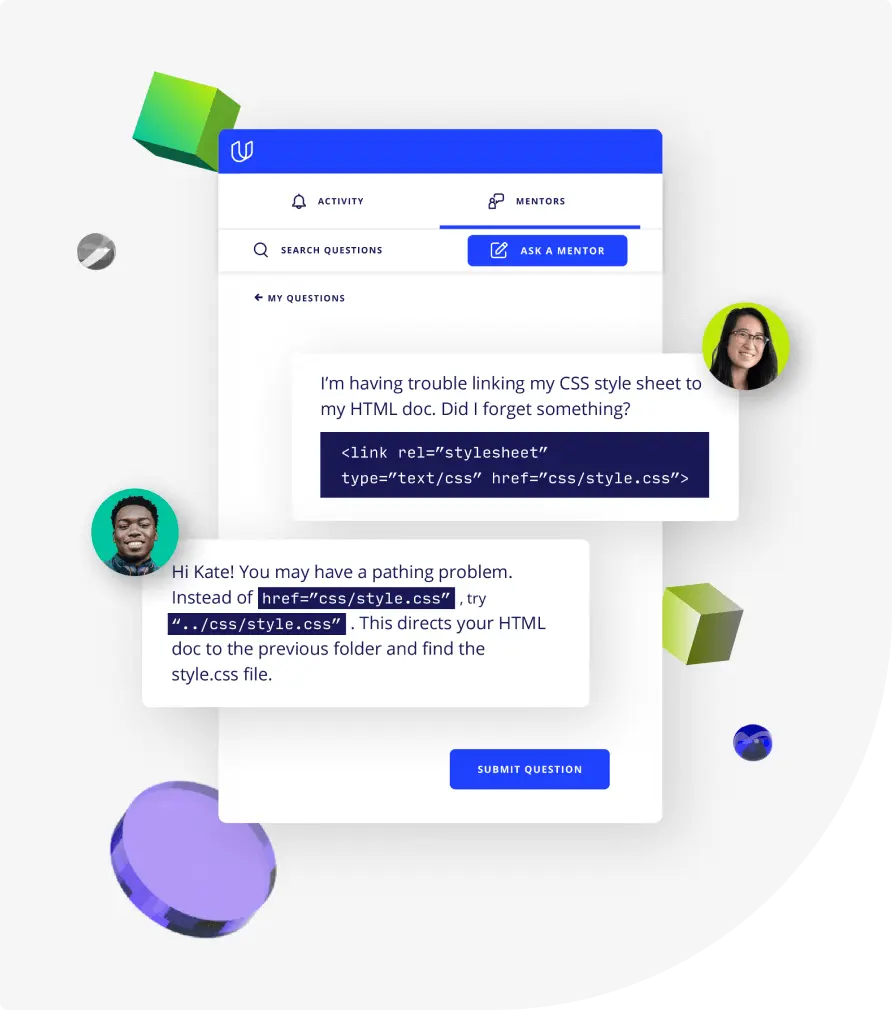Lesson 1
Introduction to Image Generation
In this lesson, you will define image generation and understand its relevance in AI and machine learning.

Course
Learn how computers process and understand image data, then harness the power of the latest Generative AI models to create new images.
Learn how computers process and understand image data, then harness the power of the latest Generative AI models to create new images.
Intermediate
4 weeks
Real-world Projects
Completion Certificate
Last Updated May 29, 2024
Skills you'll learn:
Prerequisites:
Lesson 1
In this lesson, you will define image generation and understand its relevance in AI and machine learning.
Lesson 2
Learn how computers see images and perform key image processing techniques using classic image processing techniques such as image transformation, noise reduction, and more.
Lesson 3
Explore the landscape of Gen AI tools for Computer Vision and learn how they are evaluated. Learn what a generative adversarial network is and how it is utilized to generate images.
Lesson 4
In this lesson, we will be exploring Vision Transformers and the architecture that makes them work. Along the way we will explore Vision Transformers like DALL-E, DINO, and SAM.
Lesson 5
Learn the fundamentals of transformers. Then, get hands-on with the creation of a diffusion algorithm and work with Huggingface Diffusers to generate and work with images.
Lesson 6 • Project
In this project, you will utilize Generative AI to take a famous painting and swap out the background with an image generated by Stable Diffusion.

Principal Data Scientist
Giacomo Vianello is an end-to-end data scientist with a passion for state-of-the-art but practical technical solutions. He is Principal Data Scientist at Cape Analytics, where he develops AI systems to extract intelligence from geospatial imagery bringing, cutting-edge AI solutions to the insurance and real estate industries.

UC Berkeley ML Researcher
Chuyi Shang is a machine learning researcher at Berkeley and a member of the Machine Learning @ Berkeley organization. He conducts research in video understanding and multimodal learning at Berkeley's AI Research Lab (BAIR), and has also conducted ML research at Berkeley's Haas School of Business.

UC Berkeley ML Researcher
Annabel Ng is an EECS undergrad at UC Berkeley, where she's researching brain-inspired vision models to improve image encodings in a Berkeley AI Research lab. She also leads the workshop division at Machine Learning @ Berkeley where she delivers lectures and develops interactive ML content for students.

Derek Xu, VP of Education of Machine Learning @ Berkeley
Derek Xu is the Vice President of Education of Machine Learning @ Berkeley. He studies EECS and Business Administration through the M.E.T. Program and teaches a modern computer vision course at UC Berkeley. Derek was previously a machine learning engineering intern at TikTok working on the ML Platforms team, and an undergraduate researcher at UC Berkeley Sky Computing Lab. He also has experience as a software engineering intern at Salesforce and Ramp.

ML Researcher at BAIR
Nathaniel Haynam is an ML Researcher at BAIR, where they push the edge of inverse reinforcement learning for multi-agent simulations. They are a ML Engineer and Lecturer in Machine Learning at Berkeley, teaching a modern computer vision course at UC Berkeley. They are a computer science major at UC Berkeley.
Combine technology training for employees with industry experts, mentors, and projects, for critical thinking that pushes innovation. Our proven upskilling system goes after success—relentlessly.

Demonstrate proficiency with practical projects
Projects are based on real-world scenarios and challenges, allowing you to apply the skills you learn to practical situations, while giving you real hands-on experience.
Gain proven experience
Retain knowledge longer
Apply new skills immediately

Top-tier services to ensure learner success
Reviewers provide timely and constructive feedback on your project submissions, highlighting areas of improvement and offering practical tips to enhance your work.
Get help from subject matter experts
Learn industry best practices
Gain valuable insights and improve your skills

Unlimited access to our top-rated courses
Real-world projects
Personalized project reviews
Program certificates
Proven career outcomes
Full Catalog Access
One subscription opens up this course and our entire catalog of projects and skills.
Average time to complete a Nanodegree program
4 months
, Intermediate
7 hours
, Fluency
4 weeks
, Advanced
4 weeks
, Intermediate
1 month
, Intermediate
4 weeks
, Intermediate
(450)
3 months
, Advanced
4 weeks
, Intermediate
(909)
4 months
, Intermediate
4 weeks
, Beginner
4 weeks
, Beginner
4 weeks
, Beginner
4 weeks
, Intermediate
4 weeks
, Intermediate
4 weeks
, Intermediate
4 weeks
, Intermediate

Computer Vision and Generative AI
4 months
, Intermediate
7 hours
, Fluency
4 weeks
, Advanced
4 weeks
, Intermediate
1 month
, Intermediate
4 weeks
, Intermediate
(450)
3 months
, Advanced
4 weeks
, Intermediate
(909)
4 months
, Intermediate
4 weeks
, Beginner
4 weeks
, Beginner
4 weeks
, Beginner
4 weeks
, Intermediate
4 weeks
, Intermediate
4 weeks
, Intermediate
4 weeks
, Intermediate